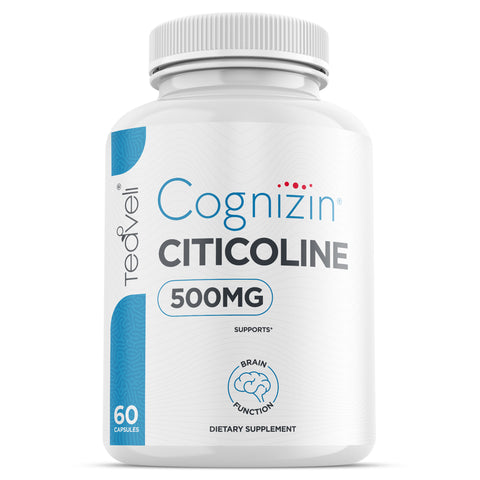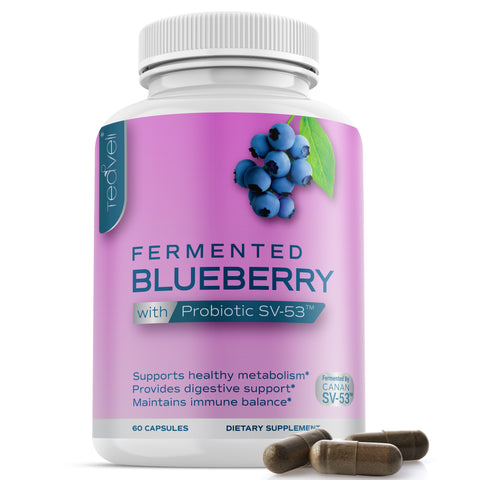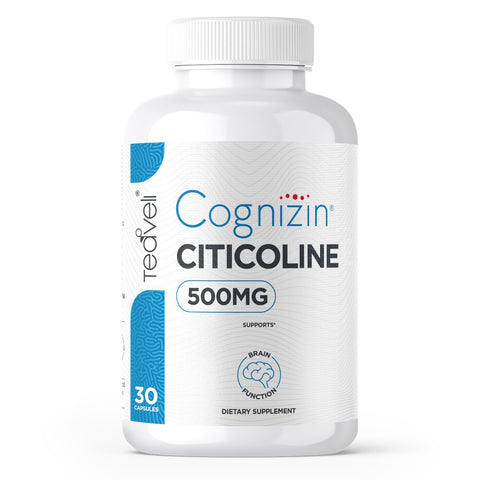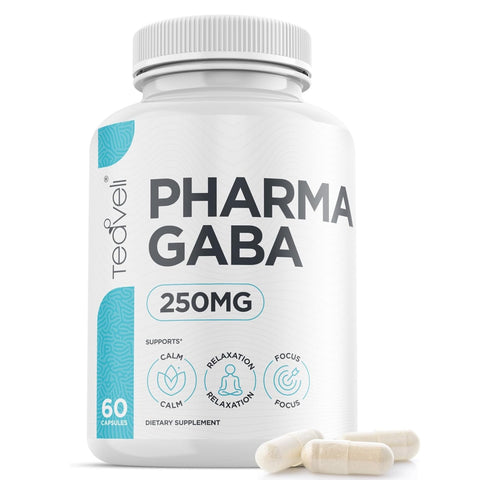Vitamin D and Sleep - Are they connected?

Vitamin D3 is produced in the body when the skin is exposed to sunlight. It can also be obtained from certain foods, such as fatty fish, eggs, and fortified dairy products, or as supplements.
Vitamin D is an important nutrient for many functions in the body, including sleep. Vitamin D helps to regulate the sleep-wake cycle and may also play a role in promoting deep, restorative sleep. A lack of vitamin D has been linked with poor sleep quality and an increased risk of sleep disorders, such as insomnia. Supplementing with vitamin D may help to improve sleep quality and reduce the risk of sleep disorders.
Vitamin D is involved in many processes in the body, including the regulation of the sleep-wake cycle. Vitamin D levels are highest during the day and lowest at night, which may help to promote wakefulness during the day and promote sleep at night. A lack of vitamin D has been linked with poor sleep quality and an increased risk of sleep disorders, such as insomnia. Supplementing with vitamin D may help to improve sleep quality and reduce the risk of sleep disorders.
Vitamin D is also involved in the production of melatonin, a hormone that helps to regulate the sleep-wake cycle. A lack of vitamin D has been linked with low melatonin levels and poor sleep quality. Supplementing with vitamin D may help to increase melatonin levels and improve sleep quality.
Vitamin D is essential for many functions in the body, including sleep. A lack of vitamin D has been linked with poor sleep quality and an increased risk of sleep disorders. Supplementing with vitamin D may help to improve sleep quality and reduce the risk of sleep disorders.
To learn about a good sleep routine, food and beverages to avoid for a better night’s sleep, and sleep hygiene psychology tools, go here.
Where does Vitamin K2 fit in?
Vitamin D3 is essential for many functions in the body, including calcium absorption, bone health, and immunity. However, when it comes to bone health, vitamin D3 cannot work properly without vitamin K2.
Vitamin K2 helps to direct calcium to the bones where it is needed, and away from the arteries where it can cause problems. Vitamin K2 also helps to maintain bone density and prevent osteoporosis.
There are many different brands of vitamins D3 and K2 supplements available, so it is important to choose one that is high quality and pure. It is also important to take the supplements in the correct ratio, as too much or too little of either vitamin can be harmful.
Taking vitamin D3 and K2 together is the best way to ensure that these important vitamins are working together to support your health. Together, vitamins D3 and K2 play an important role in keeping bones strong and healthy. They work together to ensure that calcium is absorbed and used properly by the body. This helps to prevent bone loss and reduce the risk of fractures.
Supports a Healthy Immune System:
Vitamin D3 is a vital nutrient for the proper functioning of the immune system. It helps to produce antibodies and regulate the immune response. Vitamin D3 is essential for the proper functioning of the immune system. It helps the body to produce antibodies, which are essential for fighting off infection. Vitamin D3 also helps to regulate the production of cytokines, which are proteins that help to regulate the immune response. Studies have shown that vitamin D3 supplementation can support the function of a healthy immune system in people with vitamin D deficiency
What else can Vitamin D3 do for you?

Muscle health - Vitamin D3 is also important for muscle health. It helps the muscles absorb calcium, which is necessary for muscle contraction.
Cell growth and Development: In addition, vitamin D3 is involved in cell growth and development. It helps to regulate the proliferation and differentiation of cells, two processes that are essential for tissue repair and growth. Vitamin D3 may also help to protect cells from damage caused by oxidative stress.
Nerve health: Vitamin D3 is important for the health of the nervous system. It helps to maintain the integrity of nerve cells and to protect them from damage. Vitamin D3 may also help to prevent some types of neurological disorders.
Balanced Inflammatory Response: Vitamin D3 can support a balanced inflammatory response throughout the body. Vitamin D3 is a fat-soluble vitamin, meaning it can be stored in the body for long periods of time. This makes it an ideal vitamin to support a balanced inflammatory response.
Teaveli’s USDA certified organic golden milk with Vitamin D3, Vitamin K2, Turmeric, curcumin, KSM66 Ashwagandha and other superfoods. The superfood formula contains 100% of the Recommended Dietary Allowance (RDA) of Vitamin D3. More than 10 superfoods together work to support a healthy immune system, bone health, sleep and balanced inflammatory response.
Go here to learn more about it. Use code FIRST10 at checkout to avail a 10% discount on your first order.









